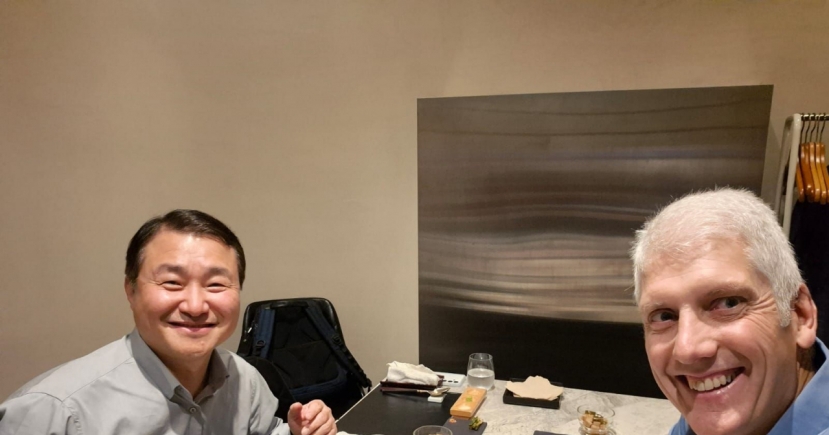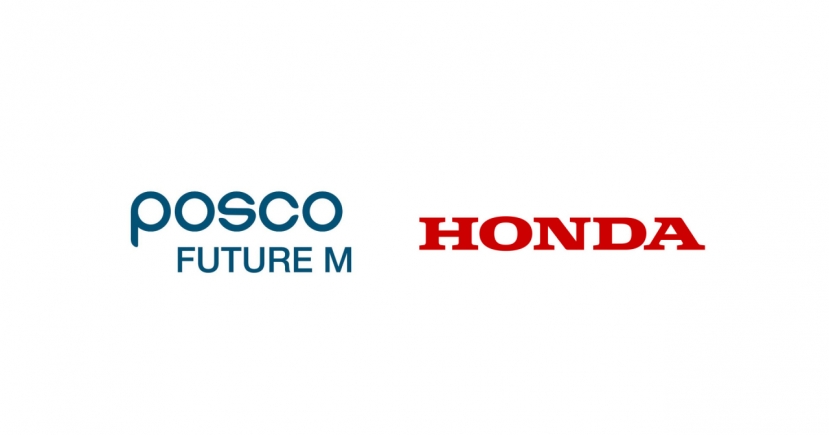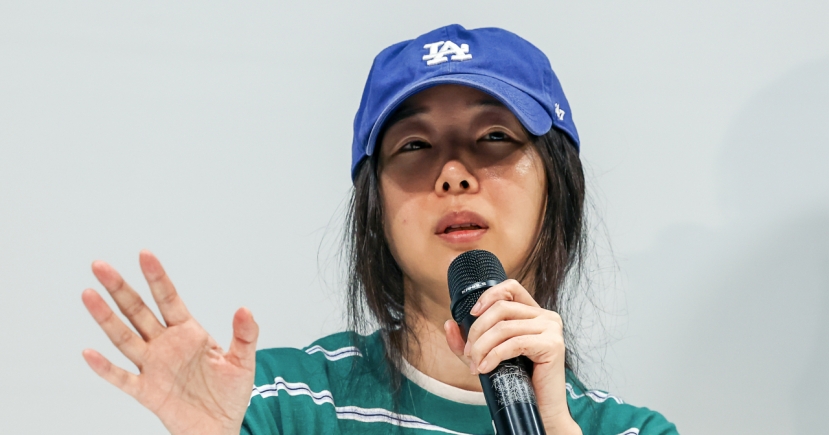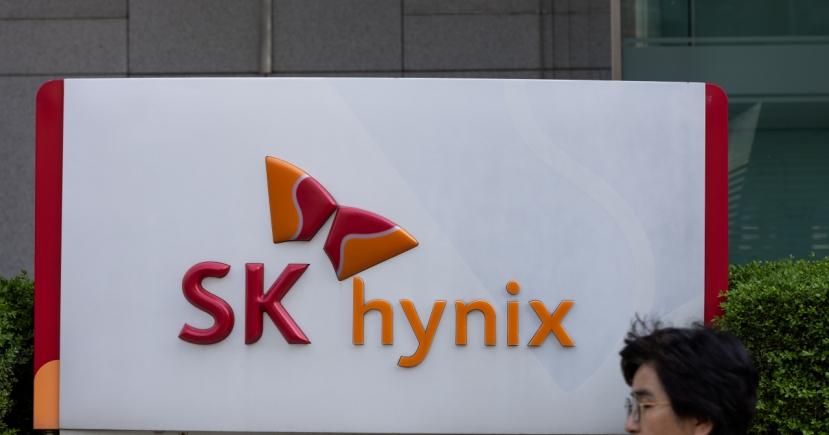Economy
After THAAD crisis, major retailers turn eyes to Southeast Asia
[THE INVESTOR] Major retail companies including Lotte and Shinsegae are turning to Southeast Asia to diversify their customer bases after a turbulent year amid tensions between Korea and China.
“This year has been a lesson to a lot of retail companies that it is unhealthy to focus too much on China,” said an official with one retail company. “It’s a huge market that brings many benefits, but overdependence can be dangerous.”
On Nov. 28, Lotte Duty Free announced that it had signed an agreement with Klook, an online travel booking site in Southeast Asia. Through this strategic partnership, Lotte Duty Free will be able to expand its marketing across Klook’s customer base.
Established in Hong Kong in 2014, Klook operates 13 branches in markets including Singapore, Ho Chi Minh, Bangkok, Manila and Dubai. Last year, Klook handled over 5 million bookings.
According to Lotte Duty Free, the partnership includes exclusive discount promotions for Klook customers.
“As we opened outlets in Bangkok and Da Nang this year, we have been looking for promotional opportunities that we can operate locally,” said Kim Bo-jun, who heads marketing at Lotte Duty Free.
Retail giant Shinsegae is also expanding into Southeast Asia, setting up a 50-50 joint venture called Shinsegae Mamee between its restaurant affiliate Shinsegae Food and Malaysian food manufacturer Mamee Double-Decker.
“Malaysia has a high population of Muslims and has an excellent system of halal certification, making it the best bridge for entering into halal markets,” Shinsegae Food said in a release.
Shinsegae Mamee will be producing Korean-style halal products such as sauces and instant noodles. The first products are expected to hit Malaysian shelves in the first half of next year, with plans to export halal products to all of Southeast Asia.
This year, retailers, especially those in the duty-free and cosmetics industries, began to aggressively pursue marketing to Southeast Asian tourists, as they saw sales from Chinese group tourists plummet following intergovernmental tensions over Korea’s decision to install an American anti-missile battery here.
“Per capita revenue from Southeast Asian tourists is far smaller than what we used to see from Chinese tourists,” said an official from a duty-free operator. “But we are definitely seeing growth there. The hope is that with the right type of marketing, we will be able to increase our brand recognition among Southeast Asian tourists and raise per capita spending to make Southeast Asia a major consumer base.”
By Won Ho-jung/The Korea Herald (hjwon@heraldcorp.com)
“This year has been a lesson to a lot of retail companies that it is unhealthy to focus too much on China,” said an official with one retail company. “It’s a huge market that brings many benefits, but overdependence can be dangerous.”
On Nov. 28, Lotte Duty Free announced that it had signed an agreement with Klook, an online travel booking site in Southeast Asia. Through this strategic partnership, Lotte Duty Free will be able to expand its marketing across Klook’s customer base.
Established in Hong Kong in 2014, Klook operates 13 branches in markets including Singapore, Ho Chi Minh, Bangkok, Manila and Dubai. Last year, Klook handled over 5 million bookings.
According to Lotte Duty Free, the partnership includes exclusive discount promotions for Klook customers.
“As we opened outlets in Bangkok and Da Nang this year, we have been looking for promotional opportunities that we can operate locally,” said Kim Bo-jun, who heads marketing at Lotte Duty Free.
Retail giant Shinsegae is also expanding into Southeast Asia, setting up a 50-50 joint venture called Shinsegae Mamee between its restaurant affiliate Shinsegae Food and Malaysian food manufacturer Mamee Double-Decker.
“Malaysia has a high population of Muslims and has an excellent system of halal certification, making it the best bridge for entering into halal markets,” Shinsegae Food said in a release.
Shinsegae Mamee will be producing Korean-style halal products such as sauces and instant noodles. The first products are expected to hit Malaysian shelves in the first half of next year, with plans to export halal products to all of Southeast Asia.
This year, retailers, especially those in the duty-free and cosmetics industries, began to aggressively pursue marketing to Southeast Asian tourists, as they saw sales from Chinese group tourists plummet following intergovernmental tensions over Korea’s decision to install an American anti-missile battery here.
“Per capita revenue from Southeast Asian tourists is far smaller than what we used to see from Chinese tourists,” said an official from a duty-free operator. “But we are definitely seeing growth there. The hope is that with the right type of marketing, we will be able to increase our brand recognition among Southeast Asian tourists and raise per capita spending to make Southeast Asia a major consumer base.”
By Won Ho-jung/The Korea Herald (hjwon@heraldcorp.com)








